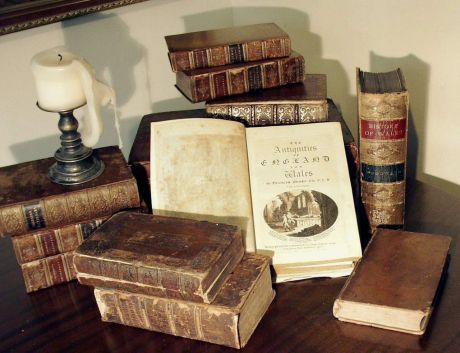Challenging modern perceptions of past literary works

Grose antique books with candle
By Liam Quin (Quin, Liam: “Pictures of old books” (2003)) [Public domain], via Wikimedia Commons
EU-funded research has reappraised the role of classical mythology as a figuration of desire in late renaissance and baroque poetry. The work focused mainly on Spanish and Italian texts, but also considered English, French, German and Scandinavian literature.
The project AFD (Ambiguous figures of desire) was based on two
hypotheses. First, late renaissance and baroque literature reflects an
uncertain preoccupation with eroticism – an issue usually seen today in a
more unequivocally positive light. Second, this preoccupation is
evidenced most explicitly in what can be termed the period's
mythological poetry.
Combining empirical research and theoretical reflections, AFD examined texts written by authors such as William Shakespeare, Luis de Góngora, Pedro Soto de Rojas, Giovan Battista Marino and Pedro Calderón de la Barca, and poetry by Francisco de Quevedo. The results of these studies have been published in five peer-reviewed journal articles and two anthology chapters.
Research established a systemic classification of early modern mythological poetry, with each work placed on a scale spanning from eroticism to moralism. It also helped formulate decisive differences between the different types of mythological collections – for example, between the 'polyphonic' mythography of Shakespeare, the 'mosaic' mythography of Góngora, the 'antithetic' mythography of Soto de Rojas, Marino's 'aporetic' mythography, and Calderón's 'allegorical' mythography.
The most important concept developed during AFD is 'Diglossia', which describes the moral-aesthetic two-tonguedness of early modern mythological poets. All research results have been incorporated into the monograph 'Diglossia. The Early Modern Reinvention of Mythological Discourse'.
Project work makes an important contribution to the re-historicisation of pre-modern erotic literature. It has challenged current historiographical methods in literary studies, initiating debate on the way in which we deal with past literary works.
Generally, AFD's impacts are cultural historical and epistemological, and further knowledge of a specific historical topic through discussion of multifarious configurations of desire in late Renaissance and Baroque mythological poetry. The project also heightened historical awareness through discussion of how and why we approach the cultural heritage of the past for improved reflection on the relations between the past and present.
published: 2015-12-18

